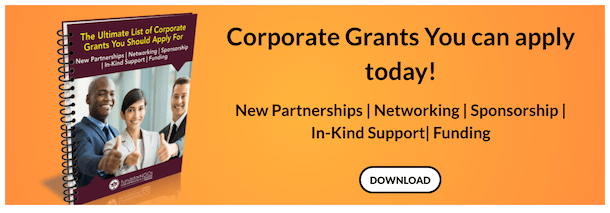
Deadline: 14-Oct-22
The Reproductive Health Equity Project (RHEP) is seeking speakers and presenters for its third annual conference supporting the healthy sexual development of youth in foster care.
Share your program, practices, or research with an interdisciplinary audience of over 500 professionals and young people at the 2023 Reproductive Health Equity Project (RHEP) Conference!
#RHEPCON23 will bring together an interdisciplinary community to share research, advocacy strategies, tools, stories, arts, and best practices designed to support the healthy sexual development of youth in foster care. Sexual and reproductive health intersects with and influences all aspects of the life of a young person in foster care, including their overall social-emotional wellbeing. No matter what sector you come from – education, workforce, housing, child welfare, health, or advocacy – knowing how to normalize and support the healthy sexual development of young people is an essential aspect of supporting them.
The 2023 conference will take place virtually on February 16th, 2023.
Themes for Sessions
- “Head” Sessions: These sessions will offer an opportunity to learn about current research, data, law, policy, and advocacy related to supporting healthy sexual development, sexual and reproductive health and education access, and family construction for youth in foster care. While all proposals are welcome, proposals that focus on California law, policy, and advocacy will have preference.
- “Hands” Sessions: These sessions will offer an opportunity to learn about new programs, services, training, and other innovative tools and supports. Sessions may focus on supports for the adults and systems working with youth or for young people.
- “Heart” Sessions: These sessions will offer the opportunity to think about and re-envision traditional narratives about what it means to support young people’s healthy sexual development and family construction. They offer opportunities to hear perspectives from traditionally marginalized communities and think about the stereotypes, myths and stories that influence who RHEP is and what RHEP does. Proposals that center the expert perspectives of young people from traditionally marginalized communities and/or with lived experience in foster care will have preference.
Types of Sessions
- A Breakout Session is a 60-minute, presentation that can include audience interaction and/or discussion. Breakout sessions should enhance the skills and knowledge of a multidisciplinary audience. RHEP is hoping to provide a mix of introductory and advanced content. Sessions that incorporate youth voice and youth presenters are highly encouraged.
- An Artists’ Session is a 10-30 minute performance or presentation that includes an artistic medium (music, visual arts, poetry, spoken word, etc.) This session can include a discussion, but it is not mandatory. The purpose of Artists’ Sessions are to provide a healing, safe space for attendees to decompress, process and/or be inspired.
- A Main Stage Session is a short presentation or performance for the entire conference audience. Do you have a powerful and engaging story or perspective to share that aligns with RHEP’s conference themes? RHEP encourages you to submit a proposal to be one of its main stage speakers by offering a Main Stage proposal.
Topics of particular interest this year include (but are not limited to)
- Experiences, needs, and interests of youth who identify as LGBTQIA+, BIPOC, young parents, immigrants, or victims and survivors of violence or trafficking, –and programming/policy/practices designed to meet their needs.
- Youth centered policy, programs and practices.
- Healing centered policy, programs and practices.
- How to foster trusting and healthy relationships and communication between adults and youth.
- Reproductive health access for systems involved youth in a changing reproductive and sexual health legal landscape.
For more information, visit https://fosterreprohealth.org/rhepcon23/
